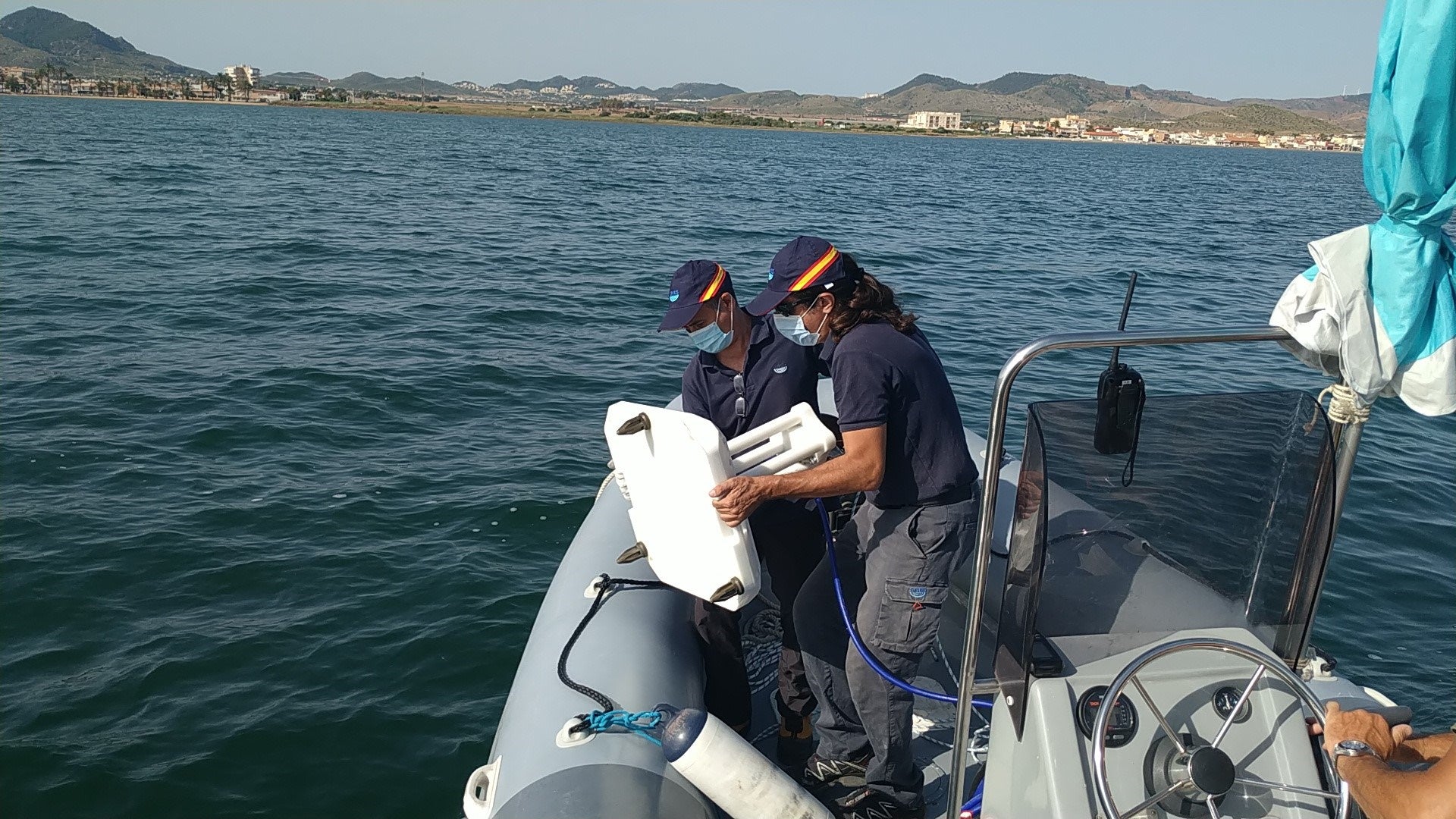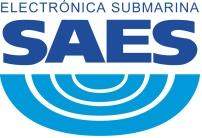
The SEA Defence project ‘Survivability, Electrification, Automation, Detectability, Enabling Foresight of European Naval Capabilities in Extreme conditions’ is an event coordinated by the Dutch shipyard Damen aimed at providing the European Commission and the member states with a roadmap, which is complete and updated on the technologies that will be included in the next generation of naval platforms. It was selected in the EDIDP-FNPRT-2019 call of the European Defense Industrial Development Program (EDIDP) and its development will begin on 1 December with a duration of 30 months.
SAES will participate in the WP3 Low Detectability work package focused on identifying technological gaps and detailing the actions to be carried out to counter the threat created by the growing detection capabilities of the new sensors of surface and submarines, and the ways to counteract it, reducing the detectability of naval platforms, based on current and emerging technologies.
The project is the first of the new European programmes in the defence field, in which SAES participates, under the Navantia Linked Third-Party modality. Within the EDIDP programme, a Linked Third-Party is one that has a legal or economic relationship with one of the members of the consortium, implements the assigned tasks on its own behalf and receives the grant directly from the EU. A Linked Third-Party presents the same eligibility criteria as the direct members of the consortium.
A total of 20 entities from eight European nations participate in the SEA Defence project. These entities include the main European shipyards: Damen Shipyards Group (Netherlands), Fincantieri (Italy), Naval Group SA (France), Navantia, SA, Pyme (Spain), Saab Kockums Ab (Sweden), Sea Europe (Belgium), Thyssenkrupp Marine Systems (Germany), Odense Maritime Technology (Denmark), Lürssen Defence (Germany), Tno (Netherlands), Marin (Netherlands), and Ctn (Spain).
Together with Preparatory Action on Defence Research (PADR), EDIDP was one of the forerunners of the future European Defence Fund, EDF (2021-2027) that will centralise research and technological development in the EU as a complement to the future Horizon programme that Europe focused on with regards to research and development in the civil and security fields.
EDIDP is focused on promoting a strong and innovative defence industry, as well as increasing the autonomy and technological leadership of the EU in defence.

